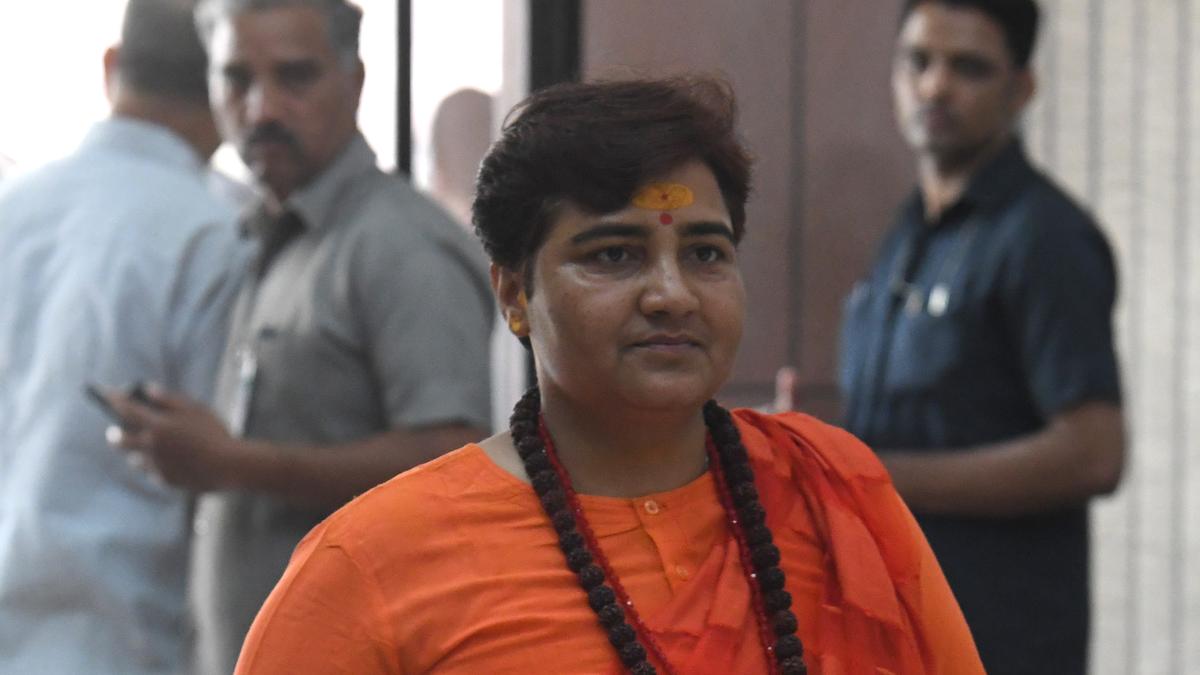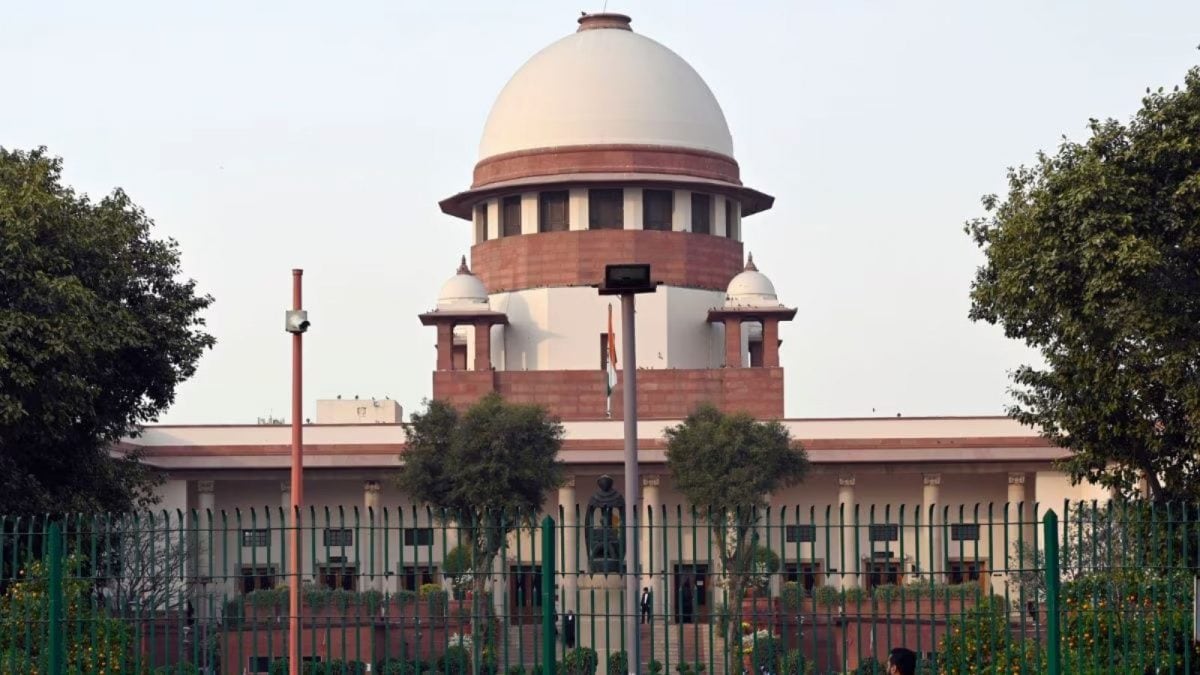Researchers, including Nobel Prize-winning economist Michael Kremer, in an independent study of Andhra Pradesh’s Personalised Adaptive Learning (PAL) model have found that students using PAL with the help of a software that gamified mathematical concepts tailored to elevating the individual learning levels, achieved learning gains worth 1.9 years of schooling, as compared to students who did not use PAL.
Professor Kremer was presenting findings of the evaluation in New Delhi on Monday (September 8, 2025).
“Students in Grades 7 to 9 who received the PAL programme over two academic years (roughly 17 months) where each student spent 35.3 hours using the software to learn math concepts, learnt at almost double the rate, as compared to those students who did not use the software,” he told The Hindu. Students from Grade 6 were also included in the evaluation.
Mr. Kremer and his team conducted a Randomised Control Trial (RCT) by selecting 60 government schools in Andhra Pradesh and divided these into 30 schools that were equipped with computer labs and tablets pre-loaded with a PAL software provided by a Delhi NCR based edtech company ConveGenius AI and another 30 schools which were assigned to a control group, and did not receive the PAL intervention.
“120 schools selected for the RCT, including 60 in the treatment group consisting of around 6,800 students who were given access to PAL were over and above the existing 500 schools where PAL was running. This was done to avoid any bias,” he said.
Each school had 30 tablets in a PAL lab, with two 40-minute math sessions scheduled weekly during school hours. “Students with access to software included in the treatment group of the RCT, had an individual profile and an ID. To start with every student got content based on their grade-based learning level. After the student starts solving math problems, the app automatically adjusts itself to the learning level and problem-solving style of the student and paves way to a personalised learning path for the student,” said B. Srinivasarao, the State’s project director, Samagra Shiksha. “The Andhra Pradesh government has been running the PAL intervention in a bid to improve learning outcomes and has scaled up to ~500 schools since 2018. We now wanted to test the effectiveness of the PAL model in the field, hence we conducted the RCT.”
Mr. Kremer said that after tracking the usage duration of PAL between September 2023 and February 2025, his team administered an independent tablet-based math assessment test (separate from PAL) with validated questions ranging from Grade 2 up to the student’s current grade. “We observed improved learning outcomes (a gain of 1.9 equivalent years of schooling) and larger gains were observed in younger grades (Grade 6 and 7). Students in smaller classes had greater access to tablets and used PAL more due to better access (42.3 versus 30.6 hours) showed better gains,” he said.
The study concluded that with an estimated implementation cost of $20 going up to $25 (to account for inflation) per student annually, including hardware, software, monitoring, implementation support from field teams, the programme is cost-effective.
Also, larger gains were observed among girls than boys, because it was observed that girls had more usage hours on PAL as compared to boys. Mr. Srinivasrao said Andhra Pradesh is now looking to scale up PAL from existing 500 schools (that include Kasturba Gandhi Balika Vidyalayas for girls hailing from weaker sections) to nearly 1,224 schools which will include PM-SHRI schools and other residential government schools in the State. “We have around 45,000 government schools and are gradually scaling up the intervention, as implementing it in the entire state will require a massive budget and hardware requirement,” Mr. Srinivasarao said.



.png)
.png)
.png)
















 6 hours ago
5
6 hours ago
5








 English (US) ·
English (US) ·